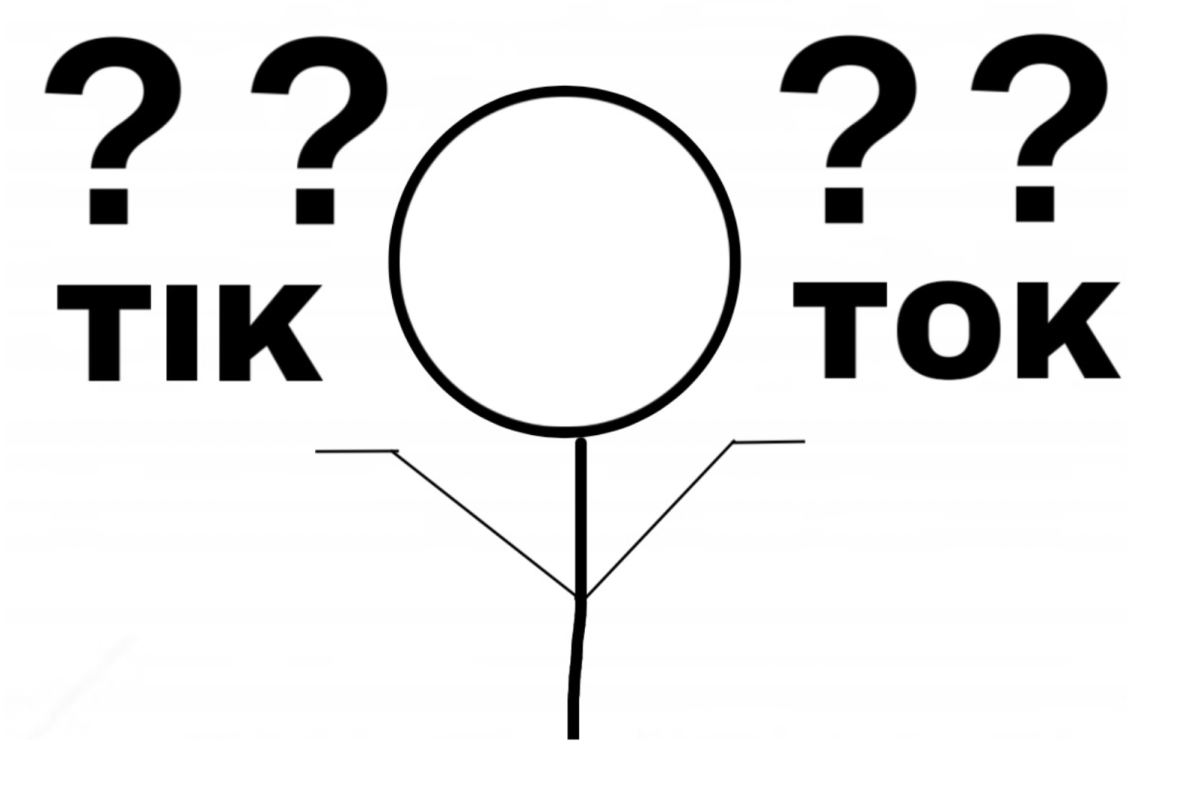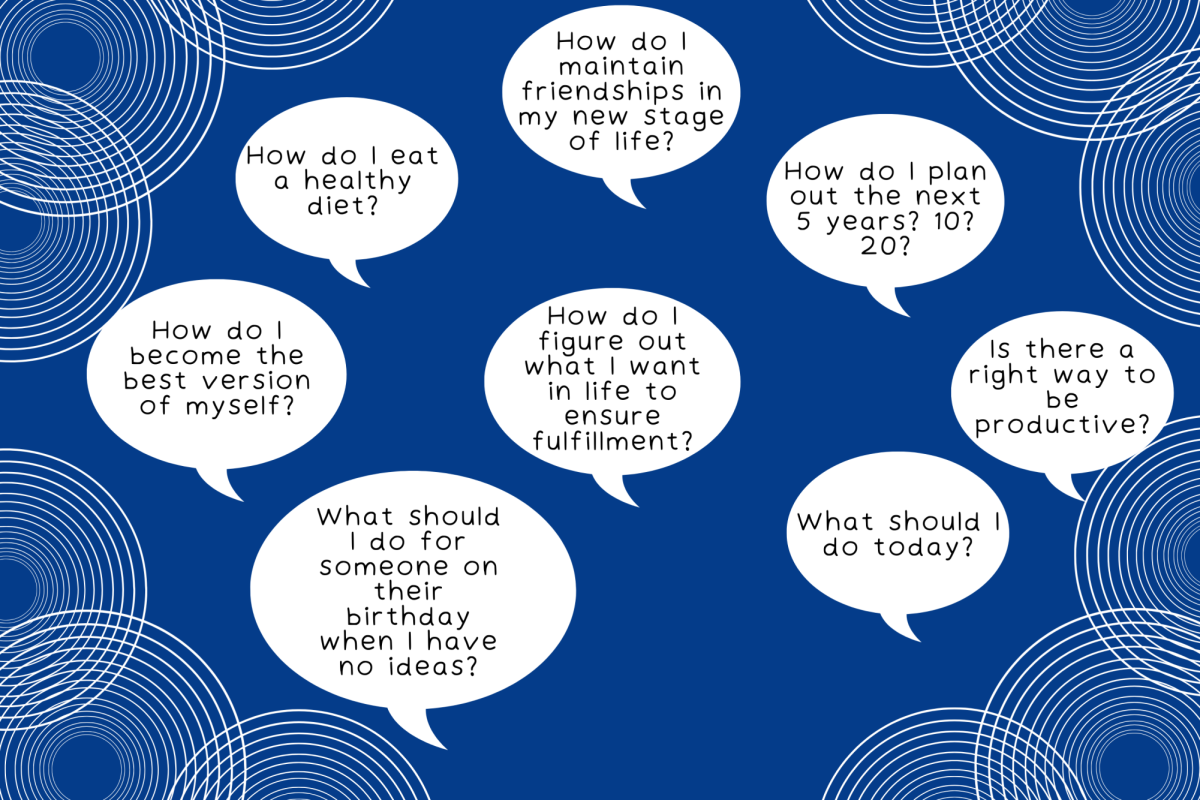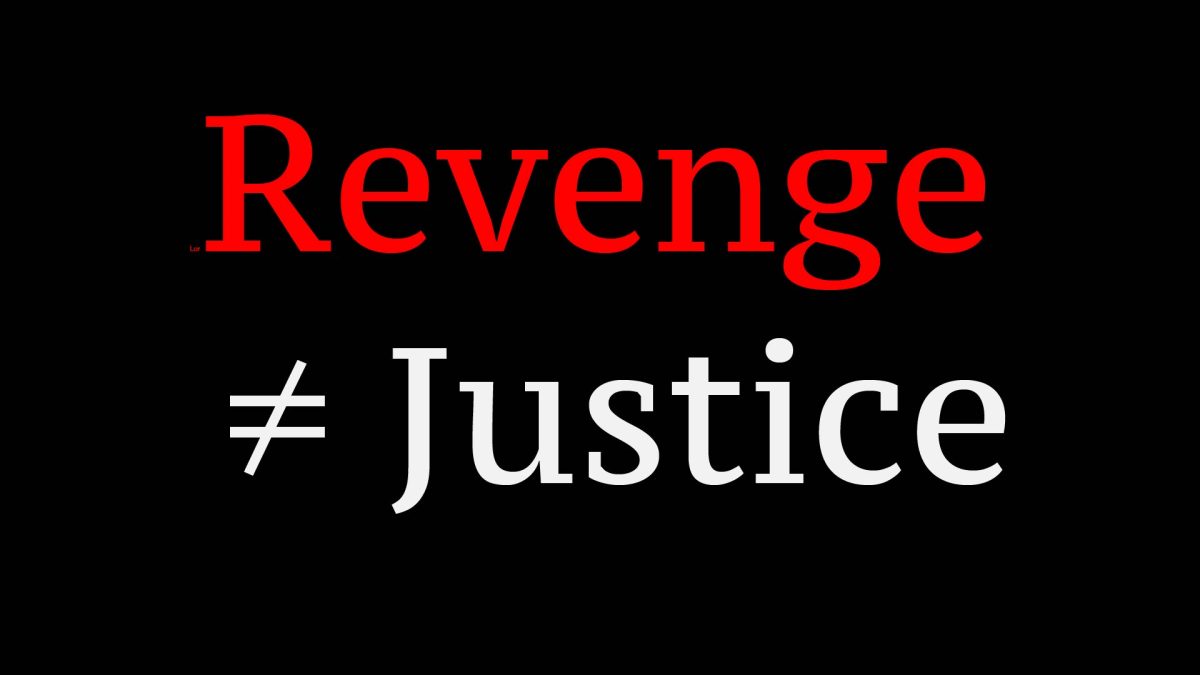They’ve done it.
The members of the United States Congress have finally fulfilled their destinies. They’ve banned the poison infecting American children’s brains. They’ve slain the dragon terrorizing the youth.
They banned TikTok.
If you can’t already tell, I’m being extremely sarcastic. While I am sad I will soon be unable to open my columns talking about a TikTok video I saw that inspired a new train of thought, a.k.a. my favorite way to open my columns (if you haven’t yet noticed), I’m also incredibly frustrated by what Congress has thus presented as their priorities.
If you don’t know what this bill is, let me explain it to you.
President Joe Biden signed and passed a bill on April 24 that gives the Chinese parent company of TikTok, ByteDance, 270 days to sell TikTok to a new, preferably American owner. If not, the app will be banned in the United States.
The bill is part of a larger foreign policy package that includes sending foreign aid to Israel and Ukraine. You may be wondering why and how a social media app ban ended up in a foreign aid package. Honestly, so am I. Congress cited concerns over China’s use of American data to covertly influence U.S. public opinion as the reason for the ban. They wrapped it up in a foreign aid package to make the bill more likely to pass both houses.
This bill is simply ridiculous for three primary reasons.
Firstly, there are many bigger, more pressing problems afflicting this country. With student protests surrounding the war in Israel and Gaza breaking out across college campuses nationwide, more abortion bans passing by the month and the one-year inflation outlook jumping up to 3.5%, the highest level since November 2023 according to CNBC, it seems like Congress has, metaphorically speaking, bigger fish to fry than battling a social media app, regardless of foreign policy considerations.
Secondly, Biden’s voter base has largely been comprised of Gen Z and Millennials, particularly in the 2020 presidential election, where both generations were key to Biden’s victory. Coincidentally, the young are also the group with the largest TikTok presence, with two-thirds of the app’s user base being comprised of people aged 18-34. If Biden wants any chance of winning his reelection campaign in 2024, he needs to keep the young on his side, and this is made even more unlikely by his ban on TikTok.
Thirdly, social media is a good launching point to educate the youth. Many prominent news organizations have begun using TikTok to highlight important stories in short-form content. While most people will tell you not to get your news from social media, and I do agree with them, social media gives stories a platform that don’t always make it to the front page of the newspaper. Additionally, social media engages young people politically in a way few other avenues do or have.
As of September 2023, public trust in the government was near a 70-year low, according to a Pew Research Center study. With many young people expressing their activism, learning about politics and engaging in political discussions on social media, this new ban risks lowering the institution’s public trust even more. The youth may start questioning why the U.S. government wants to shut down this avenue for expression and why Congress seems to actively want to silence young political voices.
TikTok has recently sued the U.S. government in an attempt to block the ban. Let’s all hope this ban doesn’t go through, as it would place serious restrictions on a platform that has done a lot for increasing the political engagement of the youth and promoting free speech.












![The Paris 2024 Olympic swimming pool is filled with bright lights and spectators. The Olympic games were held from July 26 to Aug. 11. While the event is meant to symbolize global unity, athletes from non-Western countries were met with accusations and scrutiny. [Paris 2024 Olympic Games] by [Roman Koksarov] is licensed under [CC BY 4.0.].](https://archeroracle.org/wp-content/uploads/2024/09/53891226234_11677c1e9f_o-1-1200x831.jpg)


